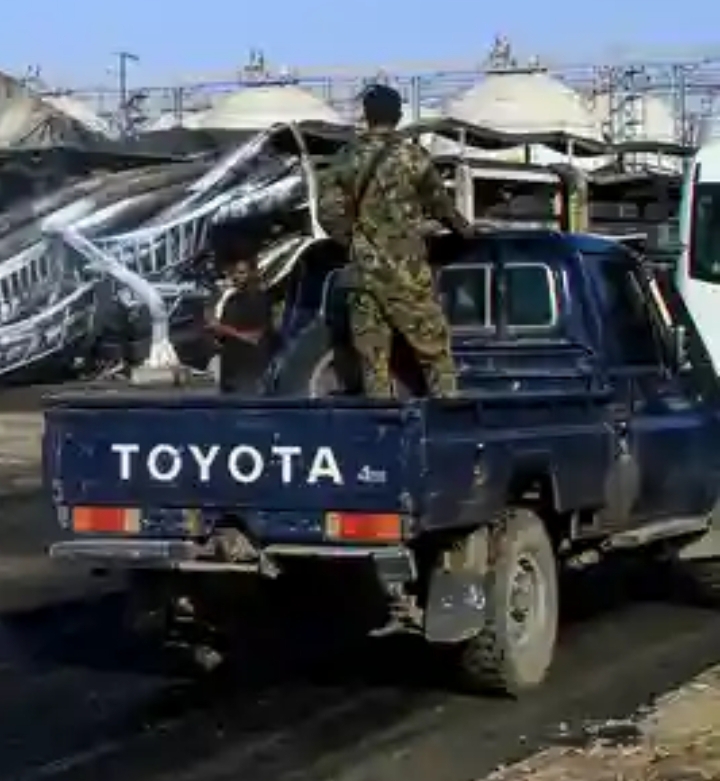The Sudanese army has fully seized Khartoum, but the civil war continues as the RSF controls other regions. The US seeks diplomatic solutions, while the humanitarian crisis worsens with millions displaced and tens of thousands dead. The conflict stems from a power struggle between former allies Burhan and Hemedti.
Sudanese Army Takes Full Control of Khartoum as Civil War Persists


The Sudanese army has declared complete control over the capital, Khartoum, following a decisive military operation that culminated in the recapture of the presidential palace from rival paramilitary forces.
Army spokesperson Nabil Abdullah announced late Thursday that government forces had successfully eliminated the last remaining pockets of the Rapid Support Forces (RSF) in the capital. He stated, "Our forces today have successfully and forcibly cleansed the last pockets of the remnants of the Daglo terrorist militia in Khartoum locality."
Sudan's army chief, Abdel Fattah al-Burhan, had already declared the capital "free" from RSF control on Wednesday. He made this declaration from within the recaptured presidential palace, marking a significant turning point in the ongoing conflict.
Despite the Sudanese army's success in Khartoum, the victory does not signal an immediate end to the two-year-long civil war. While government forces have made notable advances in Khartoum and central Sudan, the RSF still controls large territories, particularly in the western Darfur region.
Meanwhile, US Secretary of State Marco Rubio stated on Thursday that Washington intends to increase diplomatic efforts to help bring the war to an end, especially following the recent escalation of violence in Khartoum. "We are trying to figure out and engage with our partners, soliciting their ideas about what to do," Rubio said.
The United Nations has described the situation in Sudan as the "world's worst humanitarian crisis," with ongoing violence, famine, and disease displacing approximately 12.5 million of Sudan’s 46 million citizens. Estimates place the death toll between 60,000 and 150,000, attributed both to direct combat and the worsening humanitarian crisis.
Sudan’s civil war erupted two years ago during the country’s transition to democracy. Initially, the Sudanese Armed Forces (SAF) and the Rapid Support Forces (RSF) were allies, having worked together to overthrow Islamist leader Omar al-Bashir in 2019. Following al-Bashir’s removal, the SAF, led by General Abdel-Fattah al-Burhan, and the RSF, commanded by General Mohammed Dagalo (known as Hemedti), joined a civilian-led transitional council. This council was meant to guide Sudan toward democratic governance.
However, in October 2021, the two military factions staged a coup together, derailing the country’s transition to civilian rule. Hemedti subsequently became Burhan’s deputy. The alliance between the two generals eventually collapsed when Hemedti refused to integrate his paramilitary forces into the national army. This power struggle triggered the civil war that continues to devastate Sudan.

 বাংলা
বাংলা  Spanish
Spanish  Arabic
Arabic  French
French  Chinese
Chinese 
